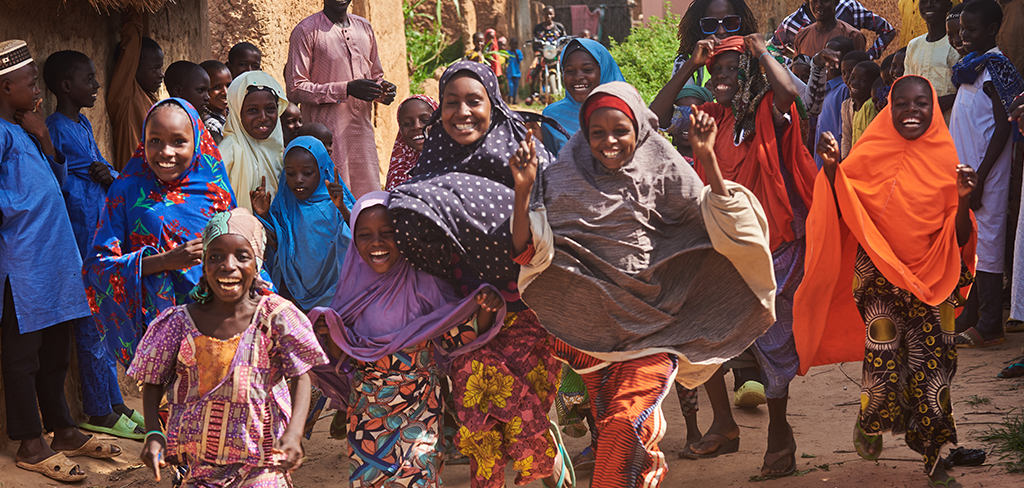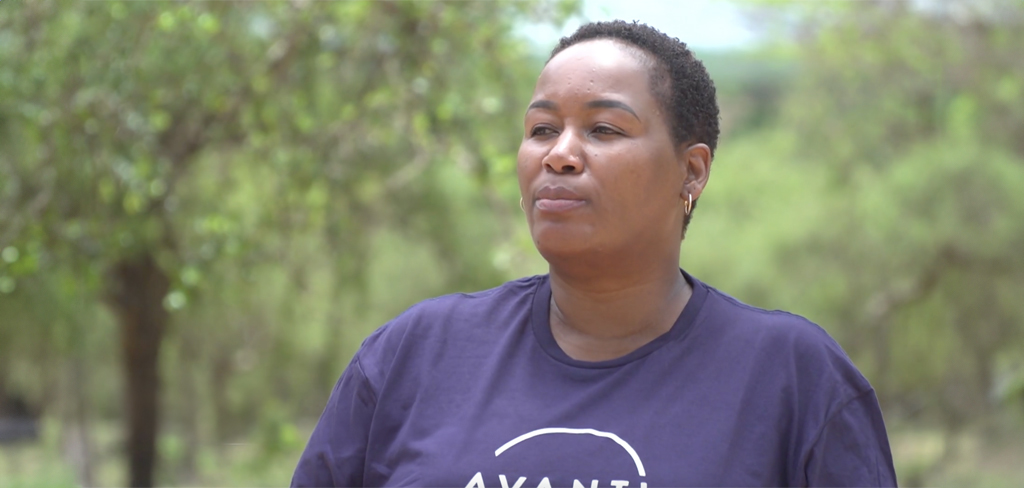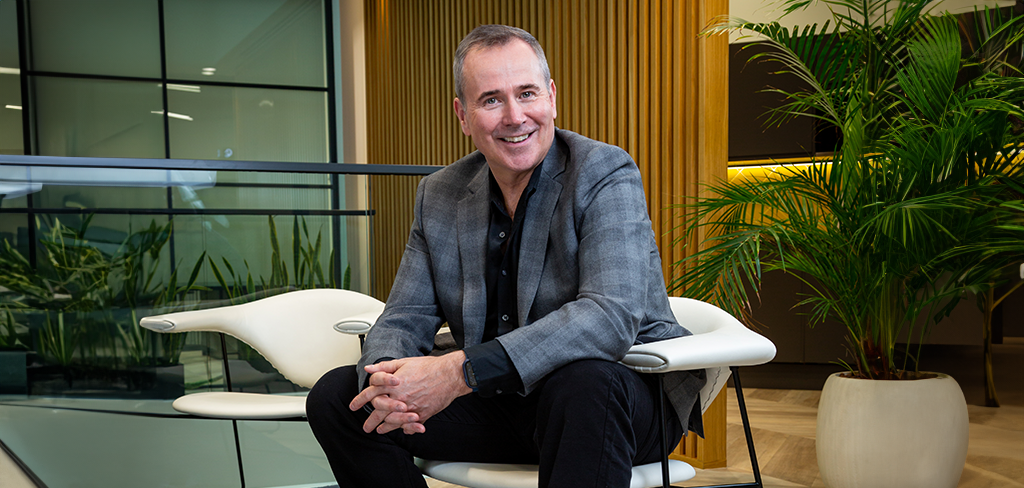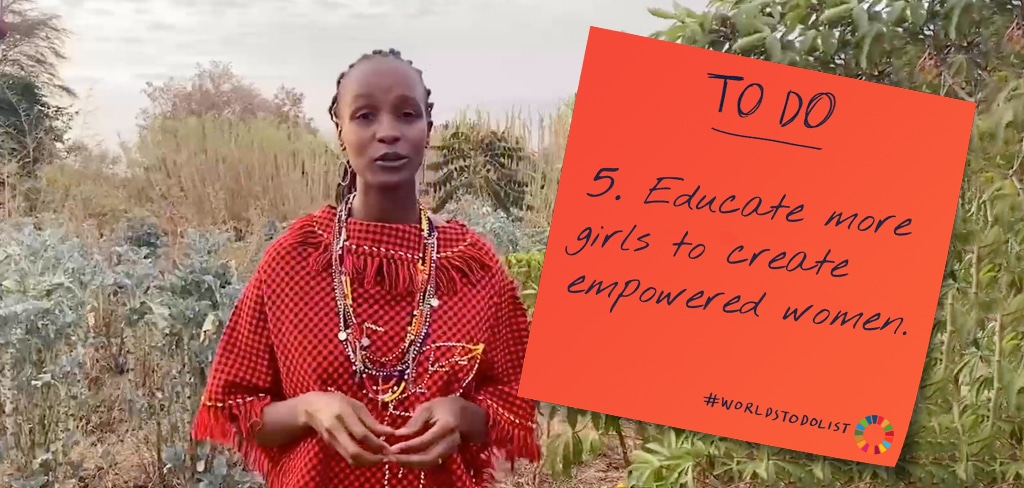The rapidly growing African Space industry beckons.
During a recent visit to South Africa, Debbie Mavis, Director for the satellite-focused Avanti Communications, shared the group’s strongly-founded intentions for the African continent’s educational and economic growth trajectory.
Providing bespoke connectivity solutions across the globe, Avanti seeks to empower marginalised communities, improve education rates, and garner the ensuing economic growth within the space industry through their growing satellite network.
Speaking directly to the need for more skilled professionals within the space industry, Debbie stated that the need for traditional views on STEM fields needs to be revisited.
Using her own professional career as an example, Debbie fundamentally disagrees with the principle that STEM fields should be exclusively confined to those with degrees or PhDs: “Schools should promote every option available to young individuals and allow them freedom of choice when kick-starting their career, and to more seriously consider the option of apprenticeships.”
An understandable stereotype, given the now maturing space industry’s proclivity to only hire highly educated individuals, the barrier to entry is seen as a huge obstacle that only few overcome. She says that satellite technology is expanding and evolving rapidly, with businesses needing to hire more individuals to build, maintain, and operate networks: “This is an ideal opportunity for the uptake of young individuals through ICT-in-education and training them in STEM fields.”
As a solution to this, Debbie points out that apprenticeships, such as those that Avanti offer, provide excellent non-traditional routes into the field that are mutually beneficial to employers and employees alike.
A standard tenet of an economy is the relationship between supply and demand. Unemployment needs to be met with industries that hold demand for jobs. With approximately 230 million jobs in sub-Saharan Africa needing some level of digital skills by 2030, demand is already there and growing.
Outstripping Africa’s GDP rates too, the Space Industry here employs 19,000 professionals, and its value is set to go from a reported $19.49 billion in 2021 to $22.64 billion in just two years’ time – a growth of 16.16%. A possible salve to the current youth unemployment rate.
To meet this demand, however, more supply of individuals trained in sciences, engineering, and software coupled with critical-thinking skills and creativity is needed. This is where satellites come in.
With two of the world-leaders in big tech, namely Elon Musk and Jeff Bezos through their Starlink and Project Kuiper networks respectively, already pushing the envelope with their satellite arrays, there are clearly strong investments being made and this is quickly becoming the next communications standard for the globe.
“It would be pretty naive to think geo [satellites] will dominate forever. Elon Musk, Jeff Bezos, and others would not be investing in an industry if there’s no future in it, a multi-orbit approach is the way forward” says Debbie.
One of the major advantages of satellite-based broadband solutions is being able to supply remote and rural areas quickly and easily. The more physical infrastructure required to do this, the greater the cost. It will also take a considerable amount of time and energy to install, and be susceptible to weather damage and criminality. The latter being a common occurrence in the form of rampant cable theft within South Africa, disrupting both civilian life and industry output.
Rural areas in particular are hit hardest when it comes to infrastructure difficulties, hindering education from the early stages. Internet connectivity is sparse if not non-existent, effectively keeping young learners in the past when it comes to basic IT skills.
With a huge attrition rate of South Africa learners from Grade 1 through to higher education, and another terraced drop entering university or college, there is a large swathe of potential professionals left looking at bleak prospects for their futures.
The work to fix this is already being done: through their prolific iMlango project, Avanti reached 245 schools and improved learning outcomes for 180,000 learners in Kenya between 2014 and 2021. Not stopping there, the communications group has gone on to connect villages and schools here in South Africa, as well as in Nigeria, Tanzania, Senegal, Ghana, Angola, Cote d’Ivoire, Cameroon, and South Sudan, as well as Refugee Camps in Uganda, and plan to continue connecting marginalised communities within the continent.
Planning to work with the South African government, Mavis and Avanti aim to make satellite technology serve the express purpose of better educational outcomes. The already successful apprenticeship program held in the UK provides a model that is ready to be brought here.
Creating more apprentices in the medium to long term would feed into the space industry creating more access to the internet, and a positive feedback loop. It is clear that this is a viable solution to not only education but will also have a knock-on effect on two other large problems that essentially stem from the failure of poor outcomes within this: unemployment, and crime.
